Master ceramist Aldo Londi (1911-2003) spent the most of his long and successful career creating exceptional work for Italian ceramics manufactory Bitossi Ceramiche.
Londi’s hometown just outside of Florence, Montelupo Fiorentino, has been an important center for pottery production since the Renaissance. In 1922, at the age of eleven, Londi started working for Fratelli Fanciullacci, the region’s premier ceramics workshop at the time. Following World War II—upon returning to Italy from South Africa, where he was a prisoner of war—Londi became Bitossi’s Creative Director. He would hold this position for more than 50 years and would design over 1,000 objects—ranging from jugs and vases to clocks and animal figurines.
Londi employed his high-level technical expertise and vast experience in traditional artisanal methods to create distinctively expressive and whimsical forms, patterns, and finishes. Londi’s best-known collection is the 1950s-era Rimini Blu (1955-1965), a now-iconic midcentury modern series encompassing over 150 designs, all glazed in vibrant blue and embossed with abstract motifs and shapes. Londi created Ball Vase, his first piece in Persiano Blue, in 1955. Not long after in 1959, he began to create more pieces in this proprietary chromatic finish. The collection holds historical importance because it helped to bring handcrafted works into the modernist design conversation in Italy. Although blue was not the only color Londi utilized, it has become closely associated with his oeuvre. Londi’s last solo collection, Arkitectura (ca. 1950s), was very different from his earlier work; it features elegantly minimalistic animal figures glazed in monochromatic black, white, or platinum.
Starting in 1958, Londi began a fruitful collaboration with legendary architect-designer Ettore Sottsass (1917-2007), who considered Londi to be an important mentor. During his time at Bitossi, Londi also collaborated with Piero Fornasetti (1913-1988), Matteo Thun (b. 1952), and Karim Rashid (b. 1960).
Most of Londi’s collections, including the Rimini Blu and Akitectura, are still in production today and are widely collected by ceramics enthusiasts. Many of his original works can be seen at the MAIB–Artistic Industrial Bitossi Museum in Montelupo, which is dedicated to the history of the company.
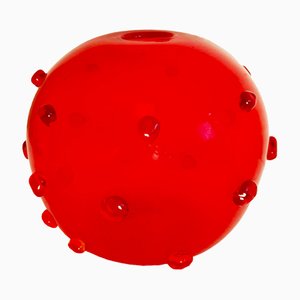

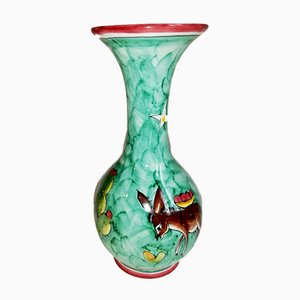
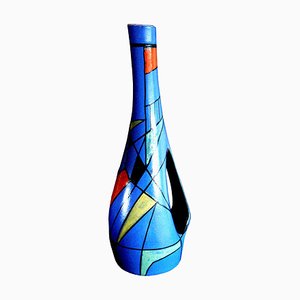
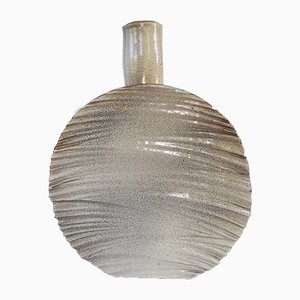

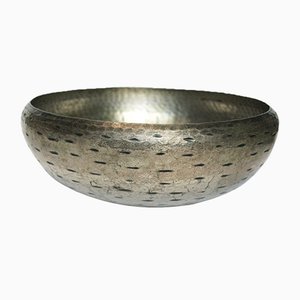

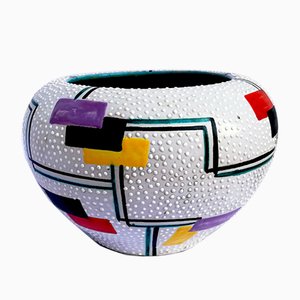
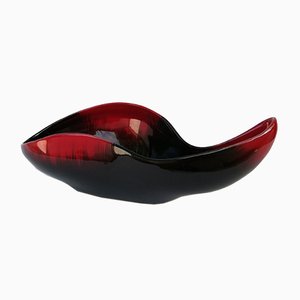
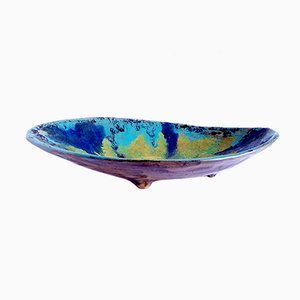
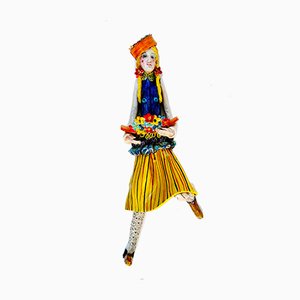
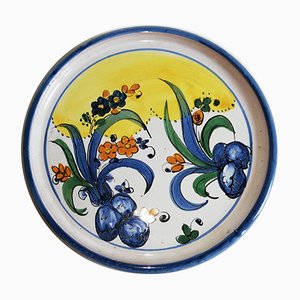
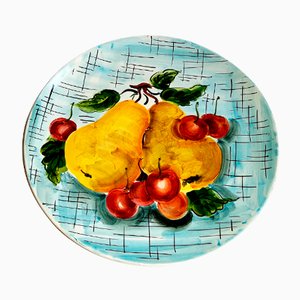
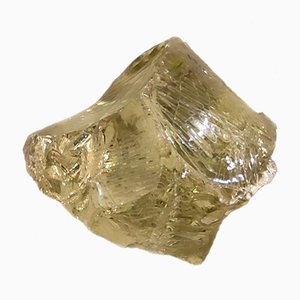

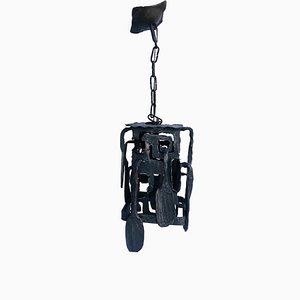
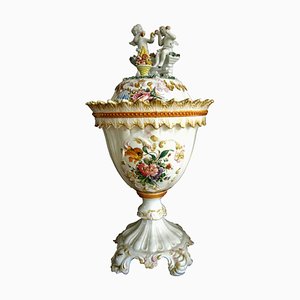

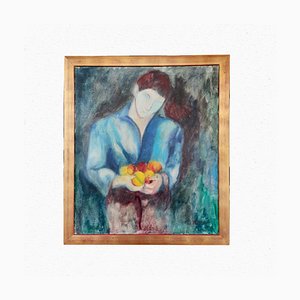
Get in Touch
Make An Offer
We noticed you are new to Pamono!
Please accept the Terms & Conditions and Privacy Policy
Get in Touch
Make An Offer
Almost There!
To follow your conversation on the platform, please complete the registration. To proceed with your offer on the platform, please complete the registration.Successful
Thanks for your inquiry, someone from our team will be in touch shortly
If you are a Design Professional, please apply here to get the benefits of the Pamono Trade Program